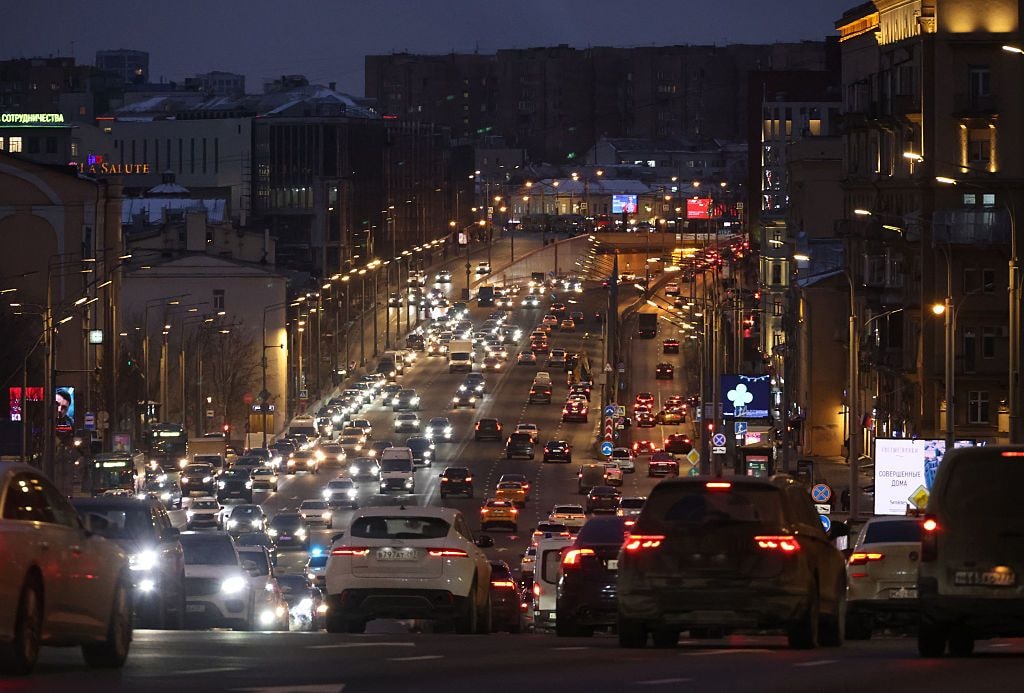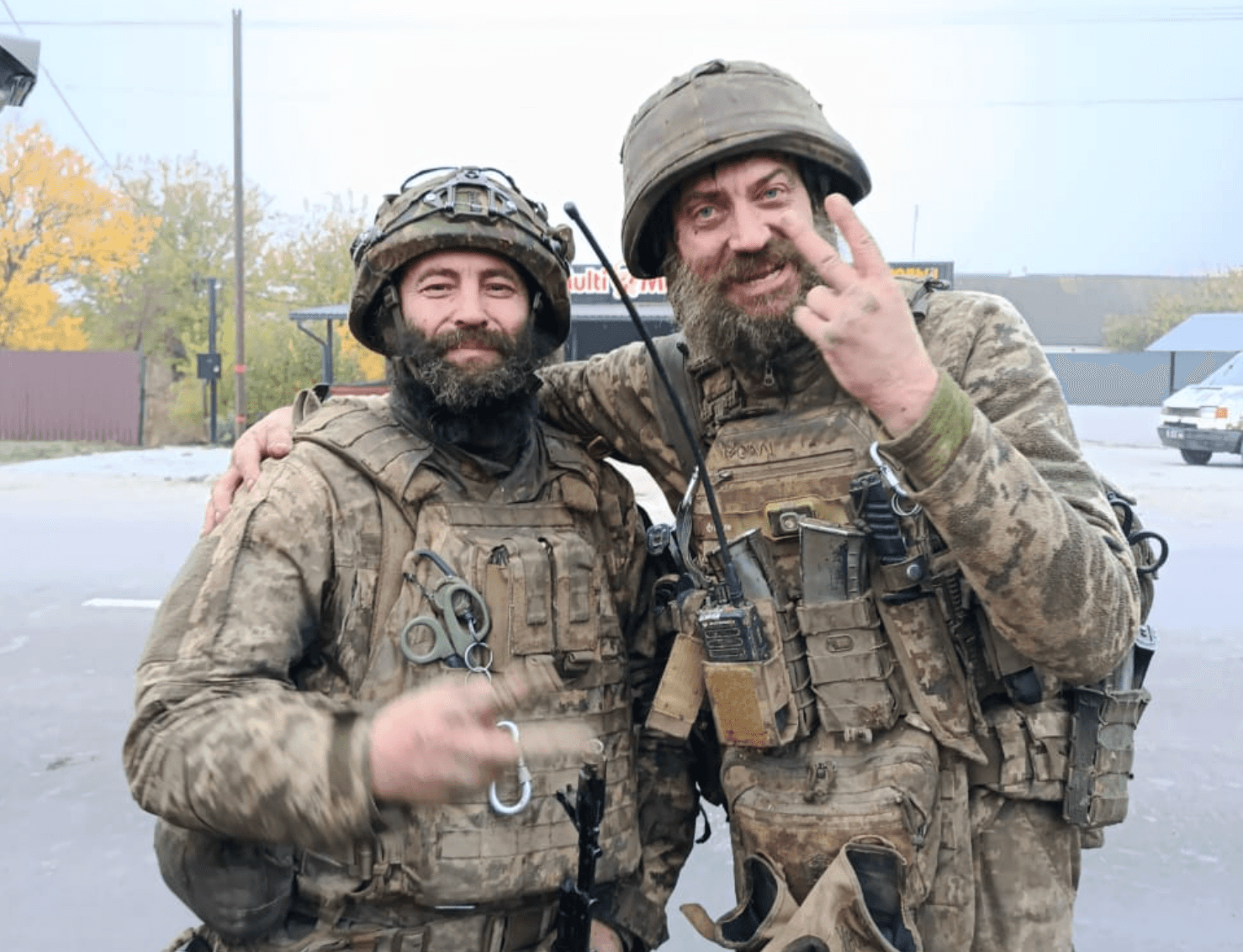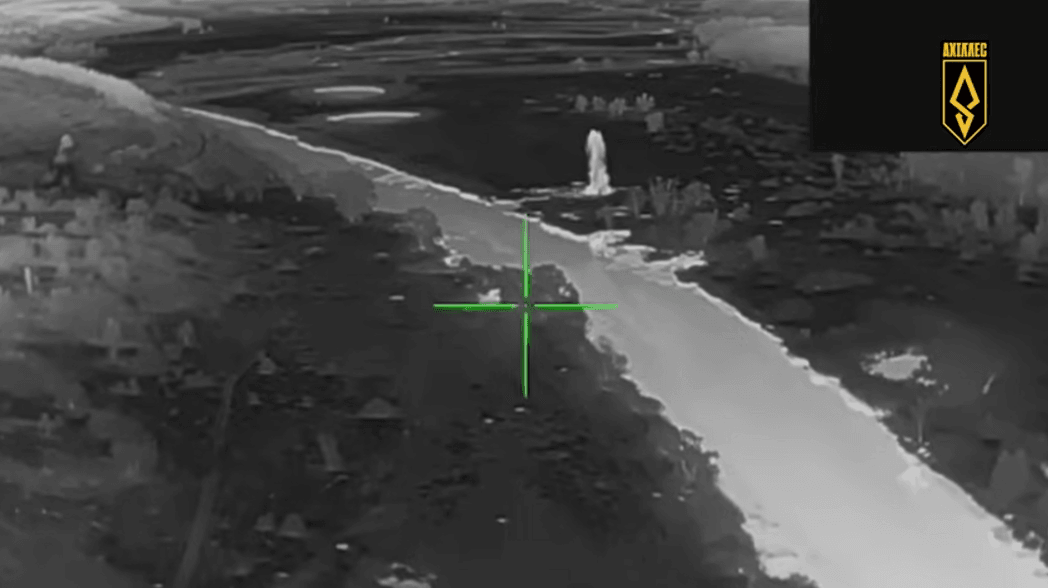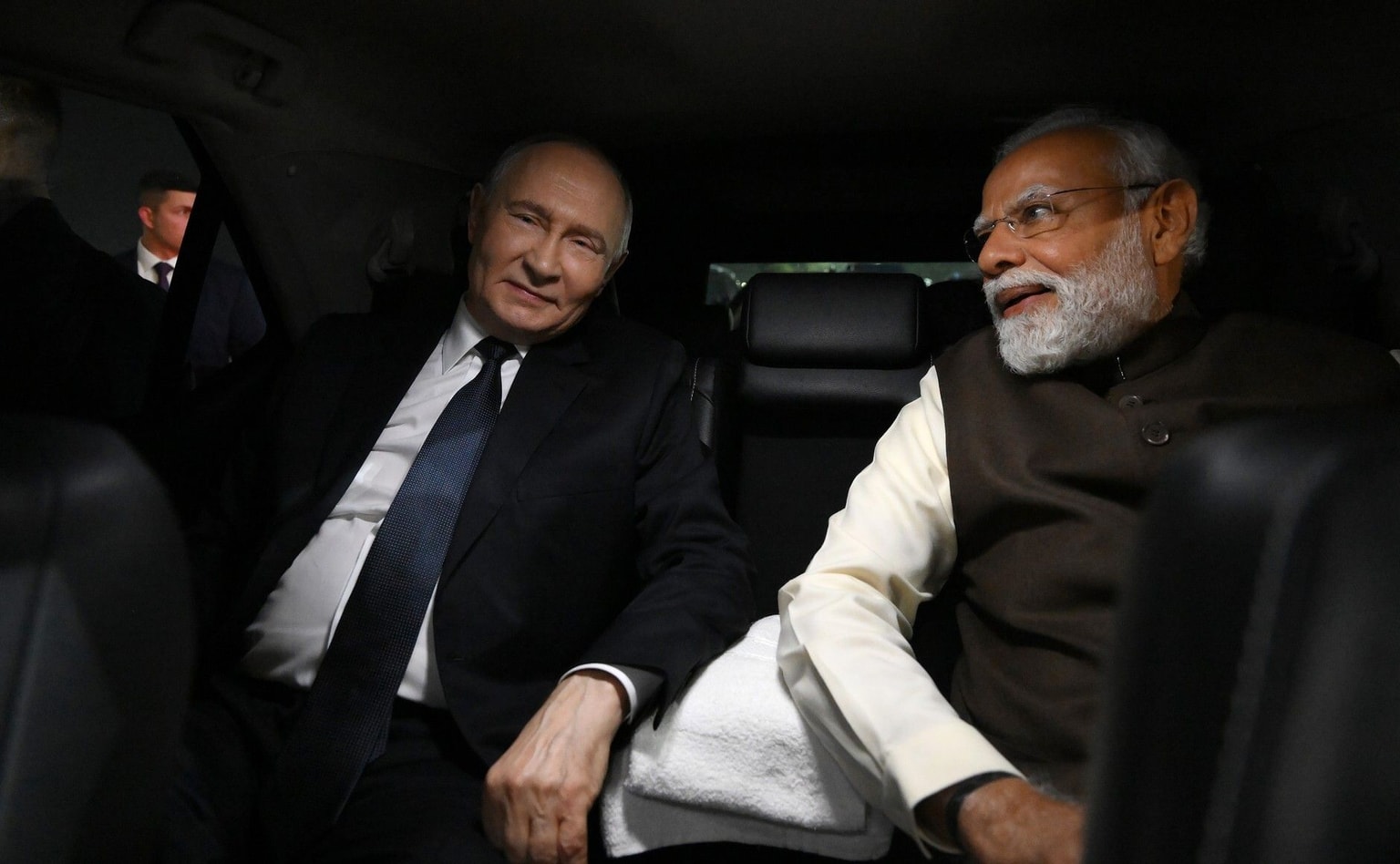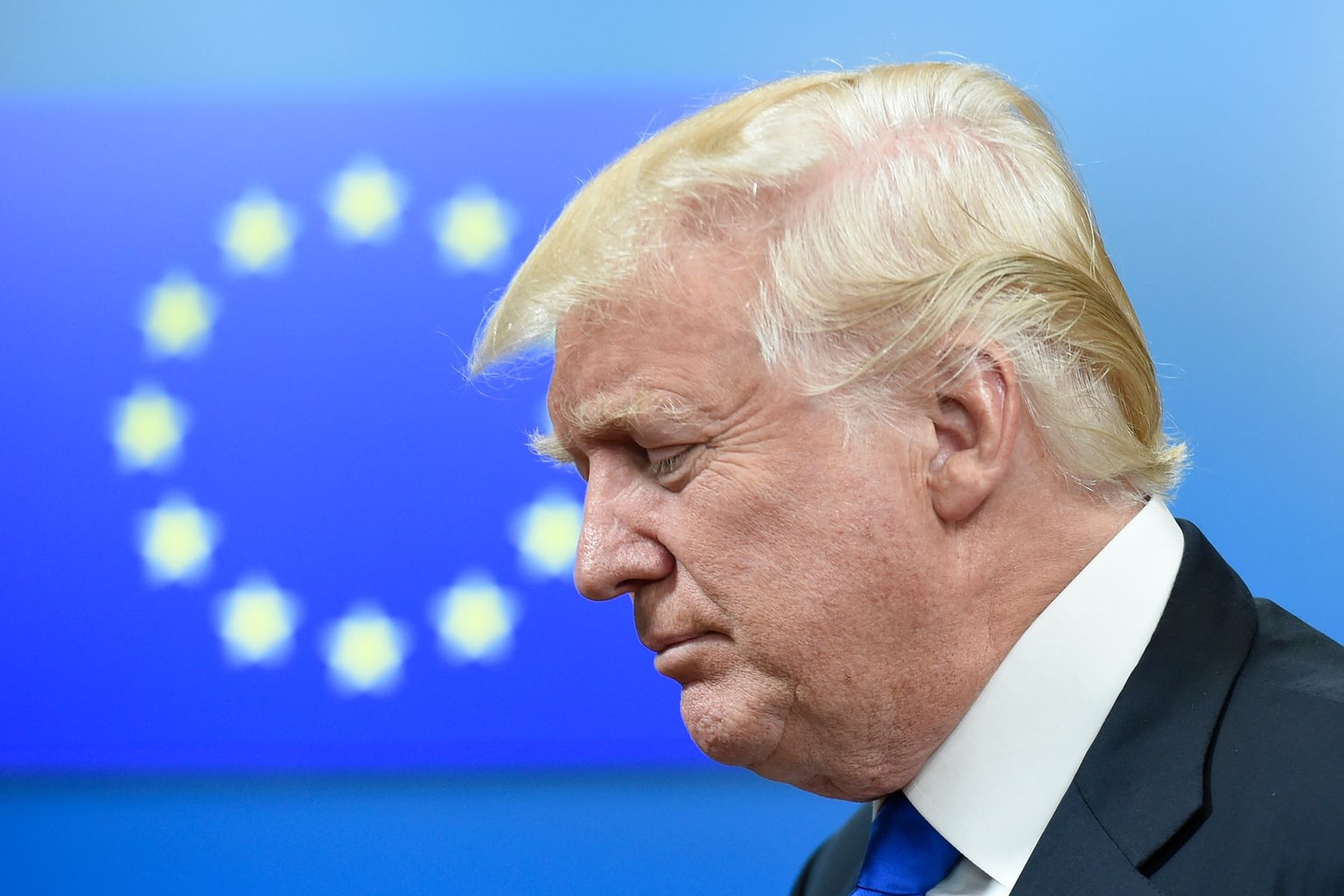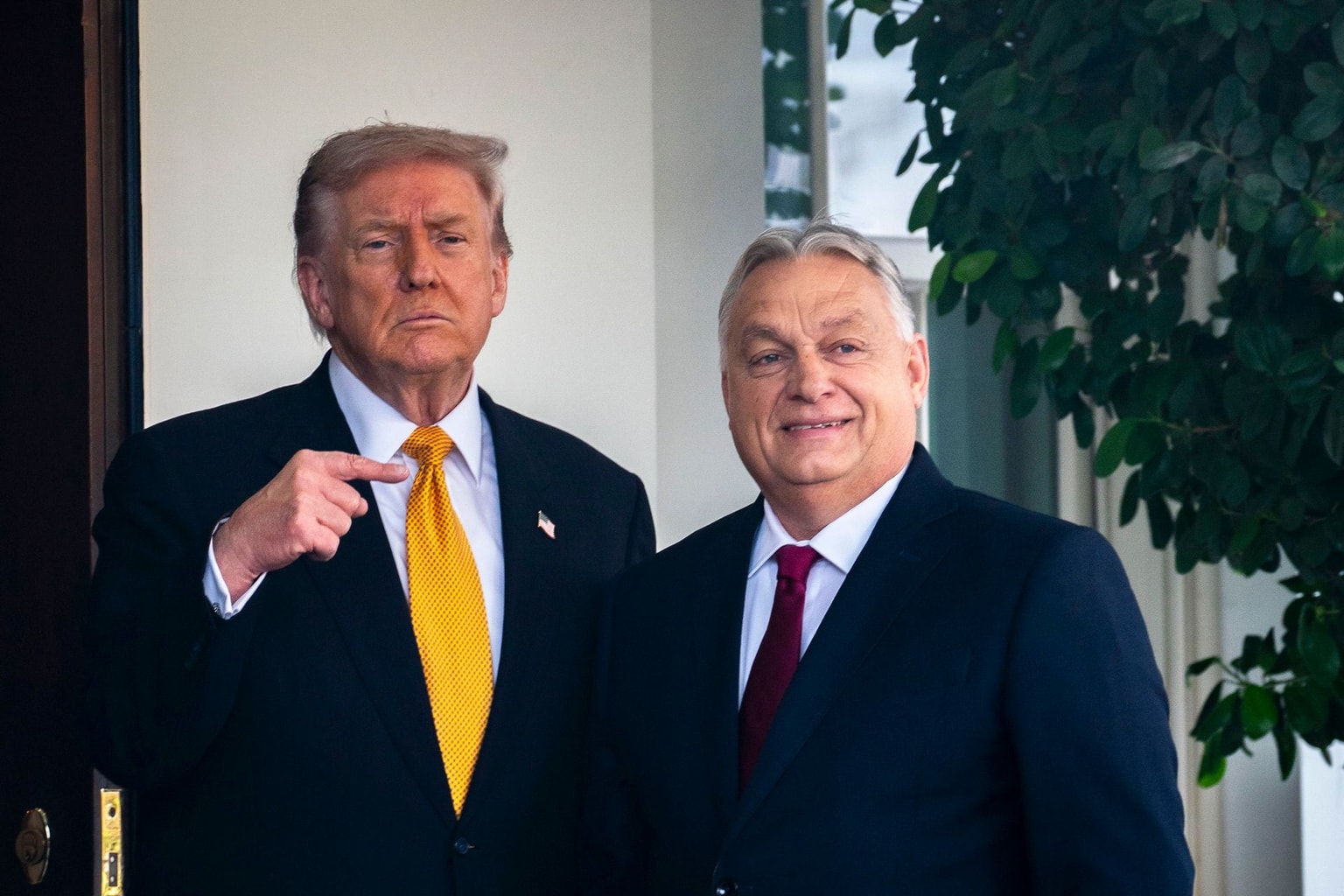Canada, Japan, Australia join Western allies in Russia sanction sweep

Canada, Japan and Australia have joined the growing list of countries taking a stand against Russia by imposing new sanctions after Moscow officially ordered troops into Russian-occupied parts of Ukrainian Donbas.
The U.S., the U.K., and the European Union had already unveiled sanctions targeting Russian officials and financial institutions. The three newcomers followed the path set by their Western allies, hitting Russia’s sovereign debt while making it clear that this is only the first of multiple potential rounds of sanctions if Moscow chooses to further invade Ukraine.
Germany halted certification of the Russian-led Nord Stream 2 gas pipeline on Feb. 22, the most forceful move taken so far to impose economic and financial penalties on Moscow. Russia had been using the controversial $11 billion project as a geopolitical lever as the energy crisis deepens in Europe.
As Western countries scramble to coordinate response to Russia's current escalation in Donbas, world leaders have begun putting some of their cards on the table. Ukraine’s Foreign Minister Dmytro Kuleba said on Twitter on Feb. 23 that “we are grateful” for the sanctions already imposed on Moscow, but also asked the West to take harder measures.
Canada
Hours after U.S. President Joe Biden’s speech at the White House on Feb. 22, Canada responded to Moscow’s move to recognize Kremlin-controlled regions as independent states and the deployment of troops that followed.
Canadian Prime Minister Justin Trudeau rolled out fresh sanctions targeting members of the Russian parliament who voted for “the illegal decision” to recognize the independence of Russian-occupied Donbas.
“These sanctions are a major step and target those responsible for violating the sovereignty and territorial integrity of Ukraine,” he said at a press conference. "Make no mistake – this is a further invasion of a sovereign state and it is absolutely unacceptable.”
Canada’s new round of sanctions also ban Canadians from purchasing Russian sovereign debt and two state-backed Russian banks, “preventing any financial dealings with them,” Trudeau said. Ottawa has not specified the names of the financial institutions yet.
Though Trudeau emphasized that it was “not too late” for Russia to seek a diplomatic resolution, he announced that he is sending up to 460 additional Canadian Armed Forces personnel to Latvia and the surrounding region to bolster NATO’s eastern flank.
The Canadian Prime Minister promised to impose further economic penalties if the Kremlin commits a deeper invasion of Ukraine. He stated the sanctions will remain in place “until the territorial integrity of Ukraine is restored." He also banned Canadians from “all financial dealings” with Russian-occupied parts of Donbas.
"Russia's brazen provocations are a threat to security and peace in the world,” Trudeau said.
Japan
Having observed Western allies’ lead in slapping sanctions on Moscow, Japan’s Prime Minister Fumio Kishida joined the effort.
Tokyo will freeze the assets of certain Russian individuals linked to the Russian-occupied parts of Donbas and bar them from entering Japan.
The new sanction package will prohibit Russian bonds from being issued in Japan, the Prime Minister announced. Tokyo has also banned trade with the Kremlin-controlled regions in Donbas.
“Russia's actions very clearly damage Ukraine's sovereignty and go against international law,” Kishida said at his office in Tokyo. “We once again criticize these moves and strongly urge Russia to return to diplomatic discussions.”
Japan’s toughening stance on Russia contrasts with the softer approach taken by the Asian nation’s government in the past, especially when attempting to secure the return of the Kuril islands occupied by Russian forces since World War II.
Kishida said that Japan is still working out the details of the sanctions and that an announcement will come in the following days.
A day prior, Foreign Policy reported that the Biden administration had been in talks with economic powerhouses in Asia, including Japan, to seek their support on strong sanctions and restrictive export control packages against Russia.
Washington has received support from Japan, Singapore and Taiwan regarding the implementation of restrictive export controls on Russia, the American news publication reported, citing three U.S. sources.
This would be part of a broader sanctions package aimed at crushing Russia’s economy and technology sectors should Moscow move forward with plans to orchestrate a full-scale invasion of Ukraine.
Australia
Australian Prime Minister Scott Morrison has also taken a strong stance against Moscow’s recent moves in Donbas on Feb. 23, declaring that the Kremlin was “behaving like thugs and bullies” and there “must be consequences for Russia’s actions.”
Morrison warned that Moscow was effectively ready to launch a full-scale invasion of Ukraine which could happen “within the next 24 hours. He stated strongly that Russia’s actions since 2014 had been “unwarranted” and “unacceptable.”
The Prime Minister vowed to go after anyone “aiding and abetting” a deeper invasion of Ukraine.
Following the meeting with the cabinet’s national security committee, Morrison announced that Australia will impose travel bans and targeted financial sanctions on eight members of Russia’s security council – a body that is chaired by Russian President Vladimir Putin and has 12 permanent members, which includes the Foreign Minister Sergey Lavrov.
Morrison did not specify which eight members would be sanctioned but said the body had provided Putin with policy advice and justification that led to the Feb. 21 presidential decree that recognized the independence of Russian-controlled Donbas.
Australia will also impose new sanctions to cover the Russian-occupied parts of Donbas with a focus on sectors including transport, energy, telecommunications, oil, gas and mineral reserves. However, compared with Russia’s trade volume with the U.S. and Europe, Australia’s share is a lot smaller.
The Russian state development bank VEB is among the several financial institutions that Australia is expected to sanction, but a statement spelling out the details hasn’t been released yet.
“Australians always stand up to bullies,” he said. “This is only the start of this process.”
Russia, which has been under Western sanctions since its illegal annexation of Ukrainian Crimea in 2014, has massed over 150,000 troops encircling Ukraine. Washington will pause diplomacy until Russia de-escalates its military buildup near Ukraine, White House spokesperson Jen Psaki said on Feb. 23.


